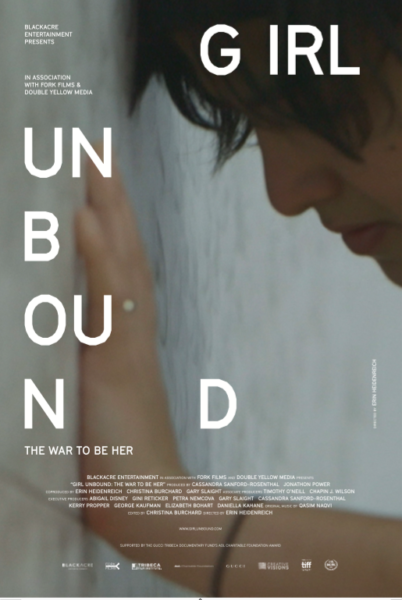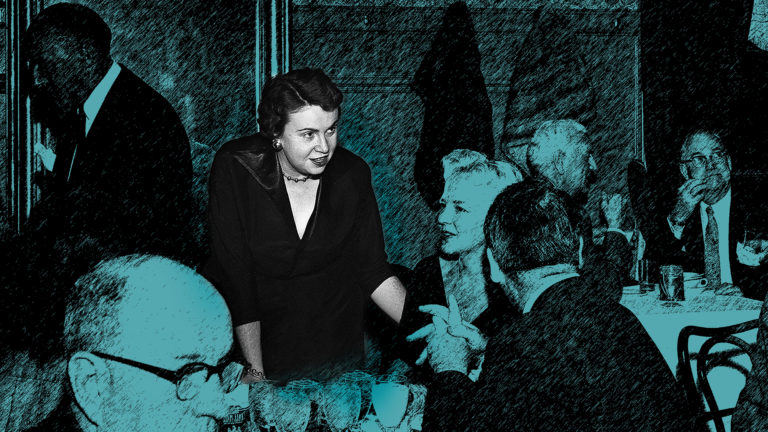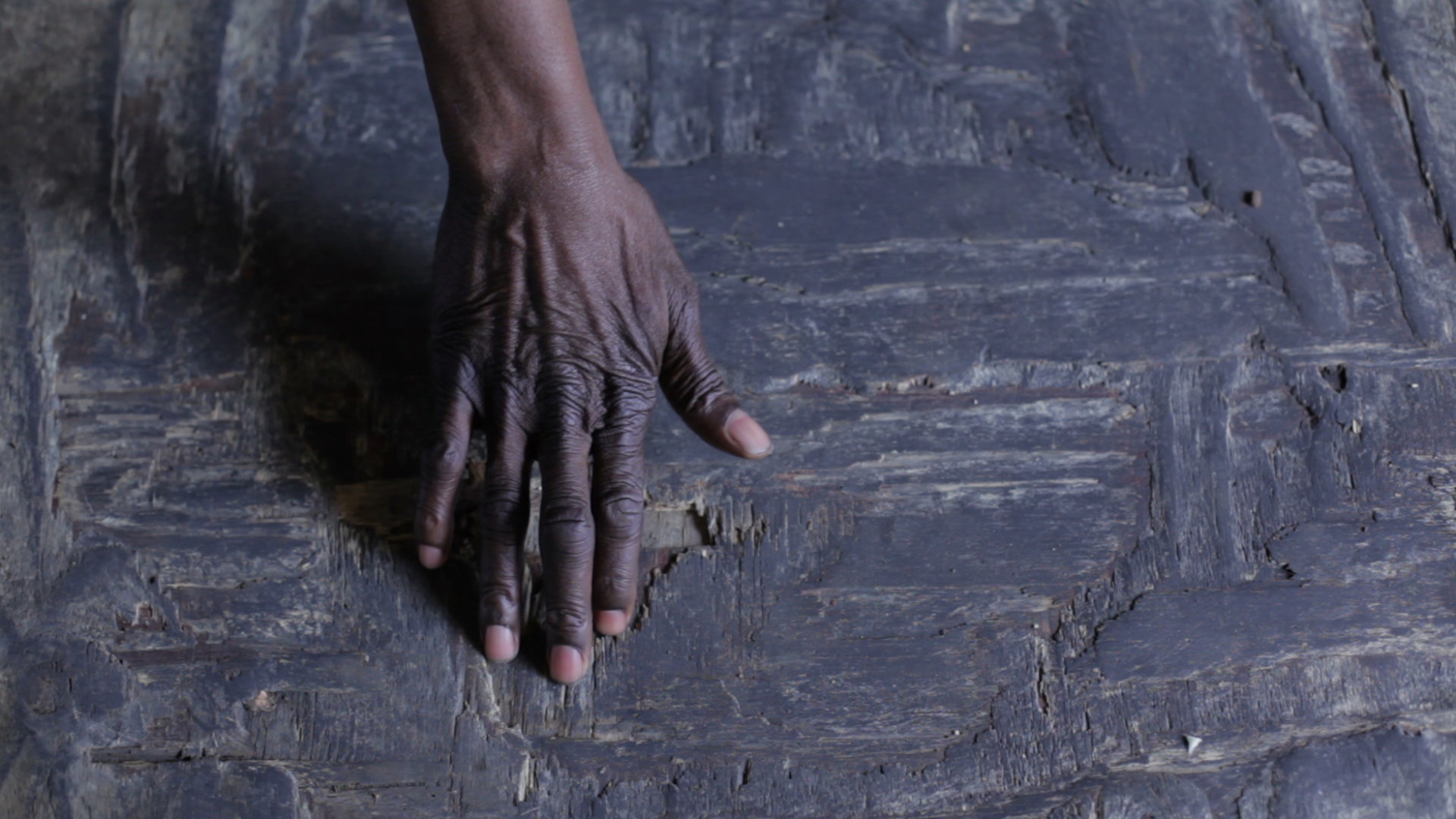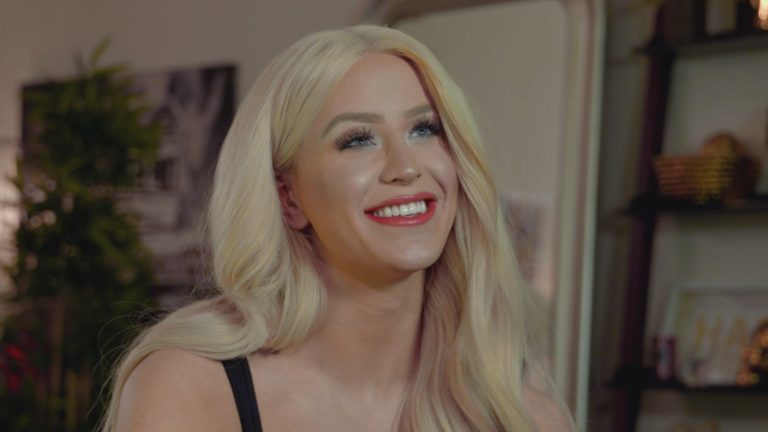At a young age, Maria discovered her love for one of Pakistan’s most popular sports, squash. Through this game, Maria quickly began to rise in success as one of the nations most revered young players. And unlike those that came before her, Maria’s path began in a place and time where women were restricted to play sports of any kind. But with the blessings of her family, she did what no one else dared to do by dressing and ultimately passing, as a boy.
When she was discovered, Maria’s true identity could no longer contend with the success she was finding in her squash career and the Taliban took notice. She like those who stood with her quickly became their targets. The carefree attitudes of a child at play evolved into a young woman with more than just a pastime; she became a young woman with a presence and a purpose. Years later, Maria is still using her talents to help advocate women’s rights to education and to play sports. She trains on a secure air force base, with a protection and surveillance team. In this part of her world, we begin to see that her success as an athlete is dependent on more than just a medal placeholder- it is a statement, full of defiance and hope. Maria is a champion who stands out amongst the rest, challenging everything that the Taliban is against.
Maria’s fight is not singular. It encompasses the lives and safety of her entire family who endlessly support her. And from this foundation, her sister Ayesha has begun to rise as an advocate in her own right. She works to elevate women’s rights and equality, especially within the tribal areas. Her policies are focused on giving back to those whose rights have been taken- for the women with no voice, the uneducated restricted to learn, and for those before her who have been persecuted for change. To some she is a threat, but to many, a hero giving voice to those who have none.
The fight for change and the courage to do so has been with Maria and Ayesha since their youth, a mindset encouraged by their father Sham. Their dreams are embraced with a determined and gracious spirit. The rarity of these opportunities is received as a blessing and an occasion to give back. Each in their own and often collective ways, stand to fight for what is right.
Maria’s fight becomes one of not just learning how to survive, but how to thrive in life. She describes her identity as a mix of feminine and masculine qualities. For whatever confusion that might cause others, she conveys a remarkable self-confidence in being her own person. She continues to defy everything the extremists and her societal upbringing tell her about what it means to be a girl. As the film unfolds, Maria makes a choice to put herself in the spotlight once again. Aware of the consequences this may bring from the Taliban, she believes it is her right as a human being, and as a Muslim woman, to be free.



